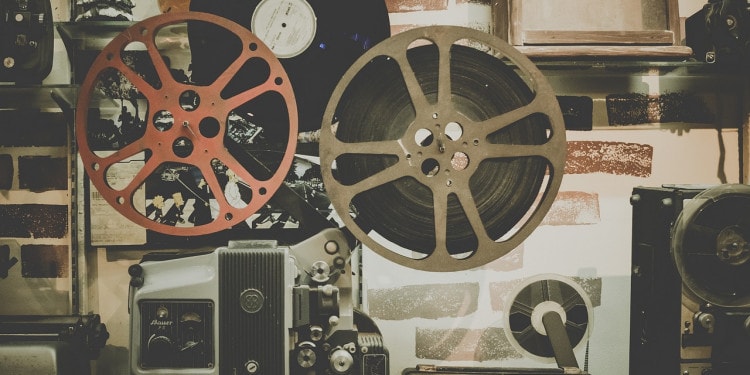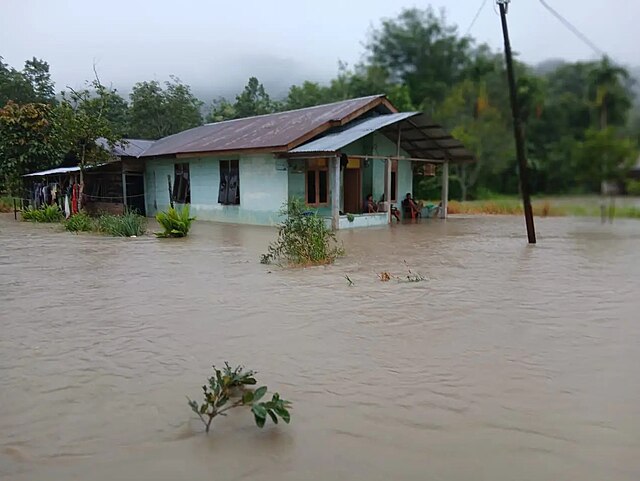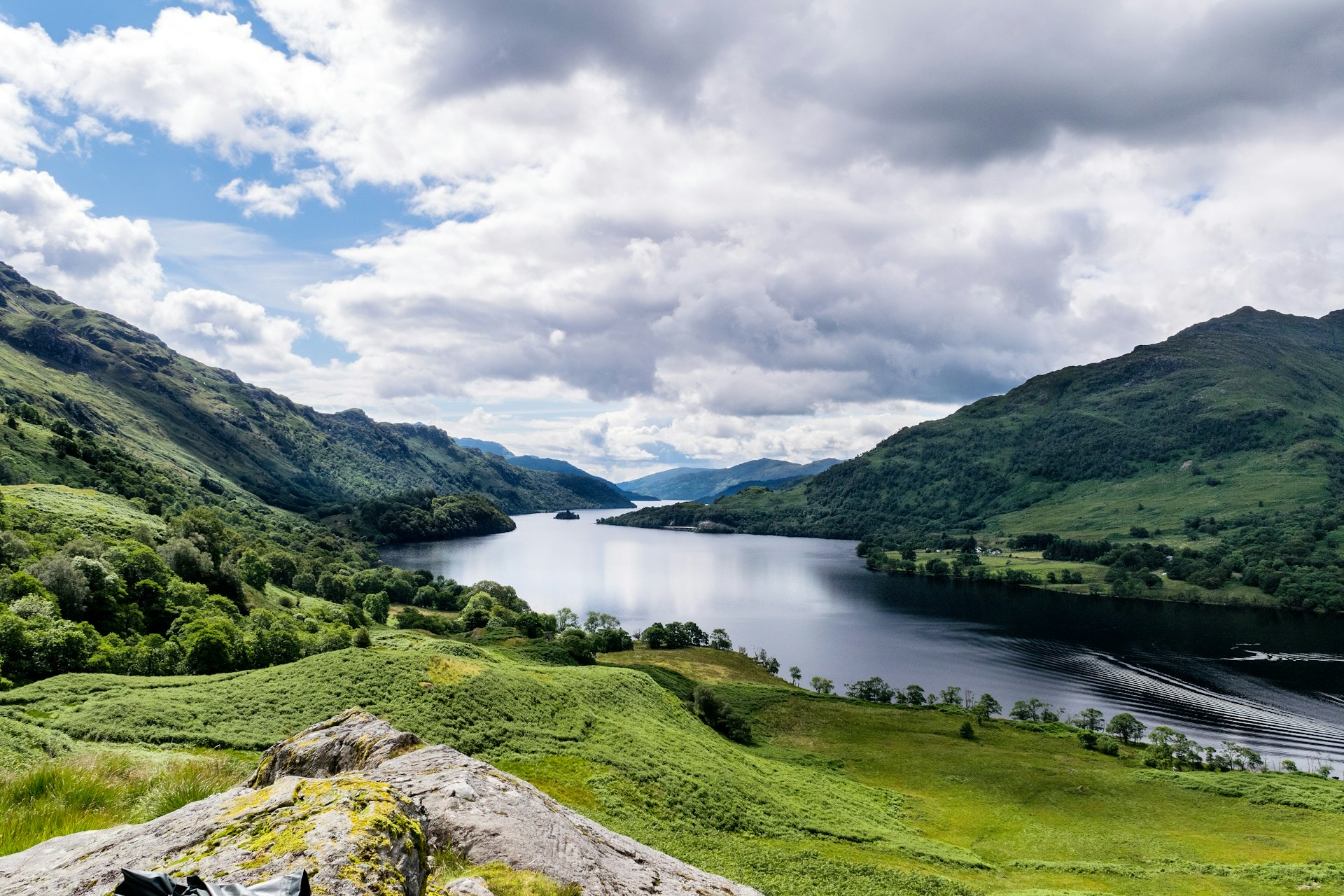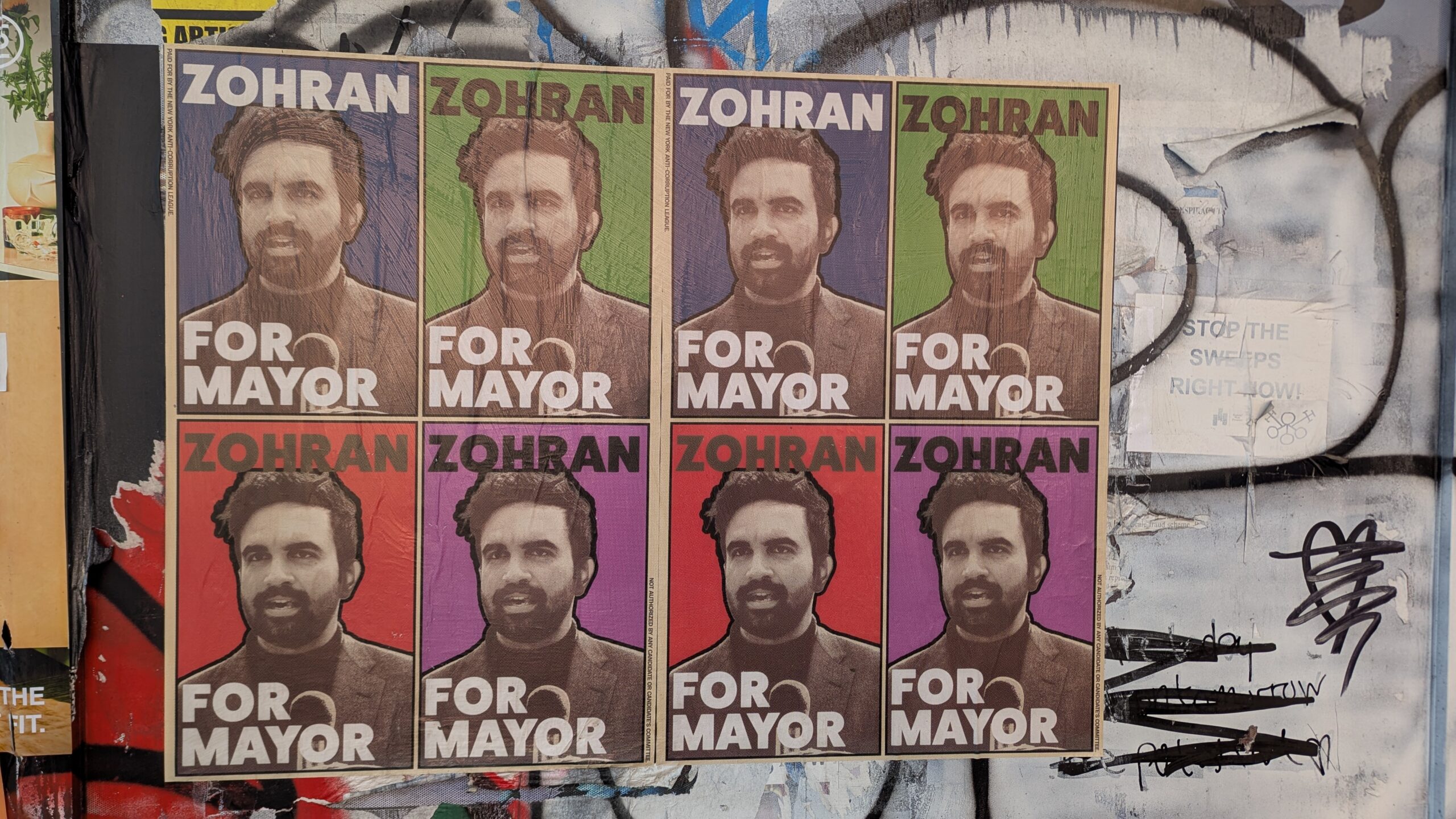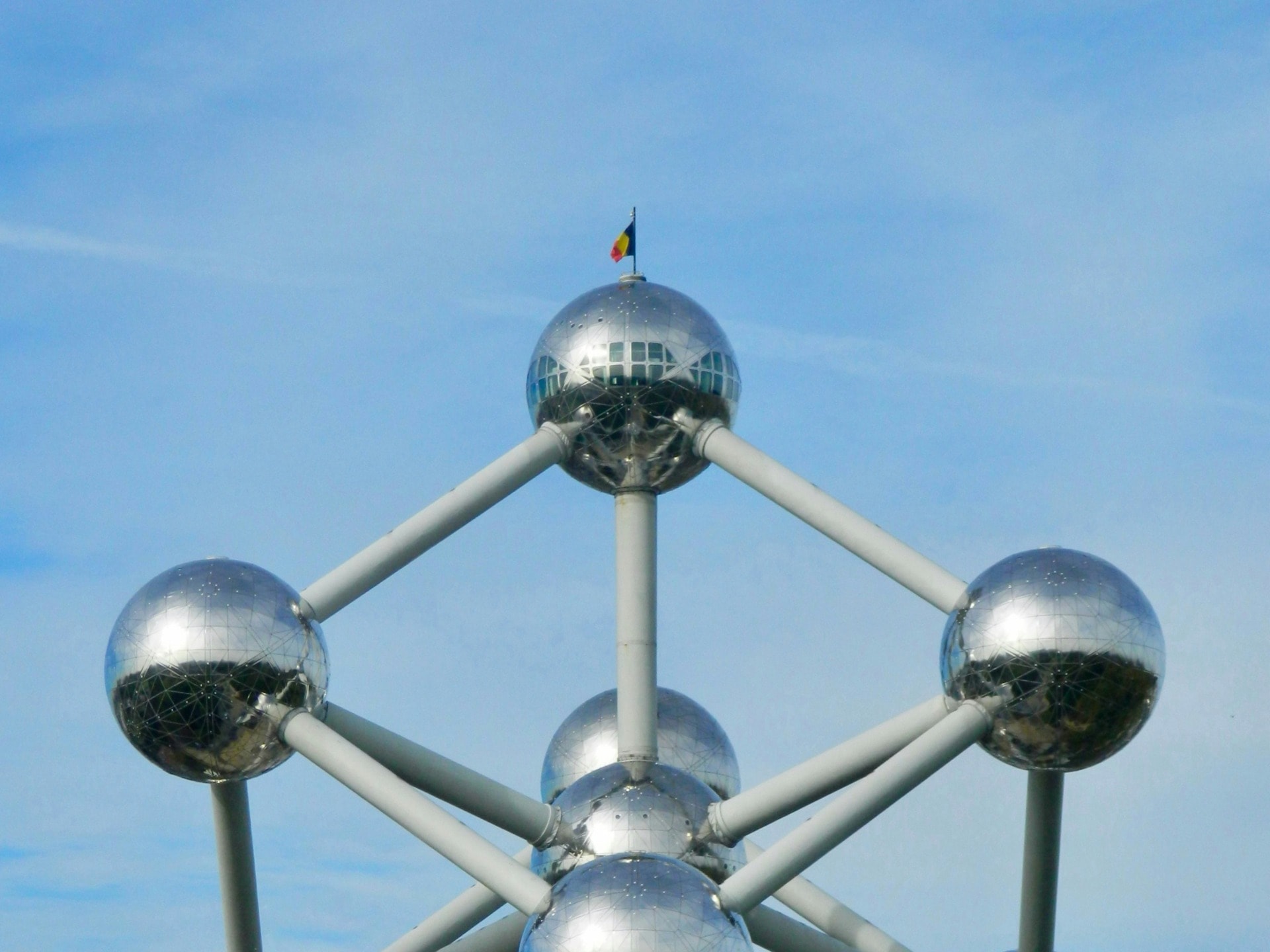Nana Guar, in her September 2015 article featured on the Corporate Citizenship blog, pointed out that: “It can even be argued that SDG 16 (Sustainable Development Goal n.16: Peace, justice and strong institutions) is the most important goal, without which none of the other goals can be sustained.” One year later, Hannah Wesley, Victoria Tittle and Akihiro Seita echoed Guar’s sentiments. They wrote in “No health without peace: why SDG 16 is essential for health” that: “Arguably the most important SDG is number 16: peace, justice and social institutions. Peace is essential – and in fact, non-negotiable – to ensure a healthy, productive global population. In the absence of peace, it will be impossible to fully achieve the other 16 SDGs, particularly SDG 3: good health and wellbeing.”
Trafficking
Nicole Watson’s short documentary “Sustainable Futures – Survivor Girls” not only touches on SDG 3 but also SDG 5, SDG 7 and of course SDG 16. One of the targets of SDG 16 is to end abuse, exploitation, trafficking and all forms of violence against and torture of children. Nicole, an actress, producer, humanitarian and first time director of this short documentary, revealed in her director’s statement that the impetus behind making “Sustainable Futures – Survivor Girls” was to “bring attention to the issue of trafficking children in India as well as the unseen benefits of renewable energy on shelters like the one featured in the film.”
Accountability
Another SDG 16 target is to promote the rule of law at the national and international levels and ensure equal access to justice for all. Closely related to this is the SDG 16 target that seeks to develop effective, accountable and transparent institutions at all levels. Last year was the tenth anniversary of the Global Economic Crisis and even after a decade, the impact of this worldwide crisis is still being felt.
“Slingshot” is a short film directed by Fanis Topsachalidis. I asked Fanis how the economic crisis had personally affected him. He said: “The financial crisis in Greece has radically changed the lives of many people, including mine of course. People of my age grew up differently, we grew up in prosperity and all of sudden in just few years this austerity has changed everything around us. This movie is absolutely personal and we could say that it came out through me, through my soul. We are trapped in that system… and the only hope, as trite as it may sound is our children…our future!”
 In the photo: Fanis Topsachalidis – Director of Slingshot Credit: Tops Productions
In the photo: Fanis Topsachalidis – Director of Slingshot Credit: Tops Productions
His answer to my next question shows how SDG 16 touches on many of the other goals, such as SDG 4 – quality education. I asked him: “There is a scene where what look like certificates are placed on a grave by the main character. Is a university education still relevant in today’s turbulent times?” He replied: “Education has always been important… it doesn’t offer only the opportunity for academic education but tries to make better people for our society. In our days the majority of people are unemployed, unfortunately the degrees are nothing more but frames on the walls. The hero of my movie puts his diplomas on his father’s grave to honor him for all the things that he had offered him. Some years ago, having a university degree meant you could find a job and have a bright future. Now things have changed, unfortunately for the worst.”
In the same September 2015 article, Nana Guar put forward that companies should establish frameworks and strategies that consider “corporate policies, commitments and actions to address issues such as human rights violations.” There is no question that the global economic crisis violated and continues to violate many human rights.
Tamsin Walker highlighted this fact in an article titled “Global financial crisis is also a human rights crisis.” In the article, a Dr Fiona de Londras expressed his dissatisfaction with the fact that human rights are not being mentioned in policy debates around austerity measures. However, he applauded the growing movement of peaceful protests and was hopeful that demonstrations such as those displayed by Spaniards could do much to bring about change.
Protest Films
Film has always been a powerful form of protest.
“Somos Amigos” – directed by Carlos Solano Perez – comically yet powerfully highlights how the global economic crisis directly affected the common working man. Much of the film is about the main character’s protests regarding the unfairness of it all and his attempts to navigate a lose-lose situation.
Carlos’s compatriot, Josep Calle Buendia, directed the music video for the song “Fairy Tale”, composed and sung by El Sobrino del Diablo (The Devil’s Nephew). “The song deals with the world economic and values crisis, especially in Spain, and how it is affecting children.”
Next door, in Portugal, Pedro Santasmarinas directed the music video for “Cadger”, a song by the Portuguese rock band “October Horse”. In less than five minutes, Pedro captures the essence of the global economic crisis impact on the common working man. “A business man leaves his job on an ordinary day. But this time he will suffer a transformation that will change his status in society.” The word “Cadge” means to beg or to get by begging. Pedro’s music video seems to provide one answer to the question posed by Kevin F. Adler in the title of his 2014 article: How Has the Face of Homelessness Changed Since the Global Financial Crisis?
 In the photo: Josep Calle Buendia – director of “Fairy Tale” Credit: Josep Calle Buendia
In the photo: Josep Calle Buendia – director of “Fairy Tale” Credit: Josep Calle Buendia
If polluted rivers could protest, what would they say to us? Nana Guar points out that “Companies need to be aware of their social and environmental impacts in the communities where they operate, particularly in their acquisition or use of natural resources such as land, water, oil, minerals, and so forth.”
I asked Nina Paola Marin Diaz, the director of “Elemento”, what inspired her to make the film: “The decrease in the flow of a large river in Colombia, which had enough water and in a summer time, practically dried up and remained a thread of water; that inspired me to make the short film on environmental reflection”
Friendship, Fun, Freedom
There is an SDG 16 target that seeks to ensure public access to information and protect fundamental freedoms, in accordance with national legislation and international agreements. “Placebo: Alt Russia” is a rockumentary that was directed by Charlie Targett-Adams. It chronicles Placebo’s Russian tour, from Krasnoyarsk in Siberia to St. Petersburg on the Baltic Sea.
What I love about “Placebo: Alt Russia” is that anyone from any country – and especially the creatives – will relate to the sentiments expressed throughout this rockumentary. Rock ‘n’ roll is just the backdrop and the framework on which various issues are hanged upon: censorship, architecture, guerrilla art, politics, crowd funding, tradition versus modern, cultural exchange, religion, photography, artistic activism and the power of art to build bridges.
As I was reflecting on SDG 16, I realized that the motto of ROFFEKE is in line with it; peace, justice and strong institutions can only be realized if there is friendship, fun and freedom. Fun? Yes, fun!
There is no doubt that the SDGs are serious matters. Many of them are literally matters of life and death. Even the first target of SDG 16 highlights the seriousness of this goal: “Significantly reduce all forms of violence and related death rates everywhere.” However, there is also no denying that for the majority of people, especially young people, the SDGs are so far removed from their daily lives and daily struggles. A young person struggling to make ends meet may not have the luxury of thinking about climate change.
However, if after a hard day of work, she gets an opportunity to attend an open-air movie screening featuring a movie highlighting issues related to climate change, in a fun and entertaining manner, then the stage is set for her to begin considering the impact that her work and her daily life is making on the environment.
How has Fanis been surviving the effects of the global economic crisis? “In order to survive in this crisis, my way of life keeps the child deep deep inside me. Nevertheless I feel like a child when I do things that I love, with all my heart, without having in mind any reward for what I offer. Yet, when we dream for a better world, means the child in us is still alive.”
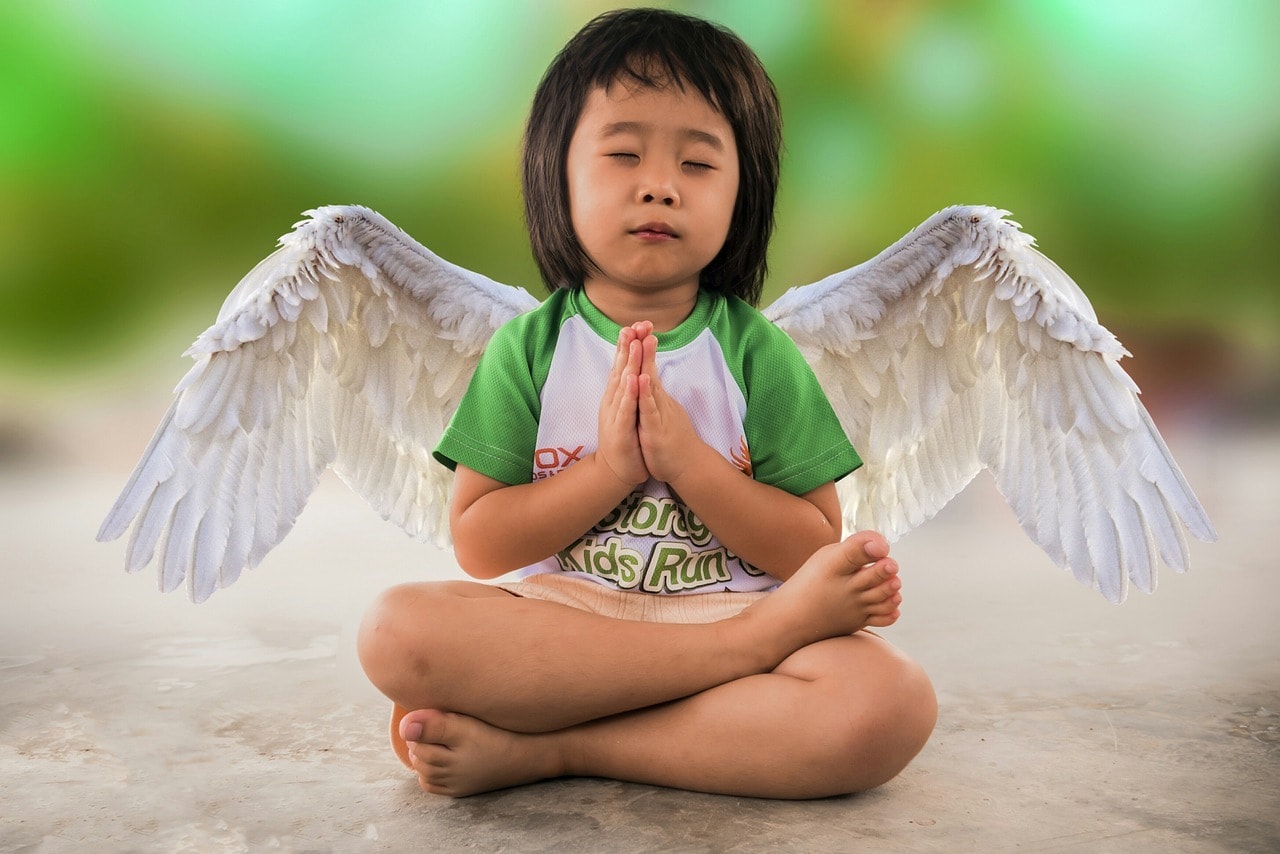
In the photo: Little Girl Credit: Mohamed Hassan
Fun is about keeping the child in us alive. Chloe Hogg, in her 2016 Impakter article pointed out that: “Implementation is a particularly high hurdle for SDG 16.” She went on to ask: “How can we ensure that governments of unstable and conflict-ridden countries transform into peaceful and fair institutions?”
I have no quick fix answer to this question. However, I believe it is the children of the world and the child inside each of us who will help us achieve goal 16. As John Denver sang in “Rhymes and Reasons”:
For the children and the flowers are my sisters and my brothers
Their laughter and their loveliness could clear cloudy days
Like the music of the mountains and the colours of the rainbow
They’re a hope of the future and a blessing for today.
Editors note: The opinions expressed here by Impakter.com columnists are their own, not those of Impakter.com


